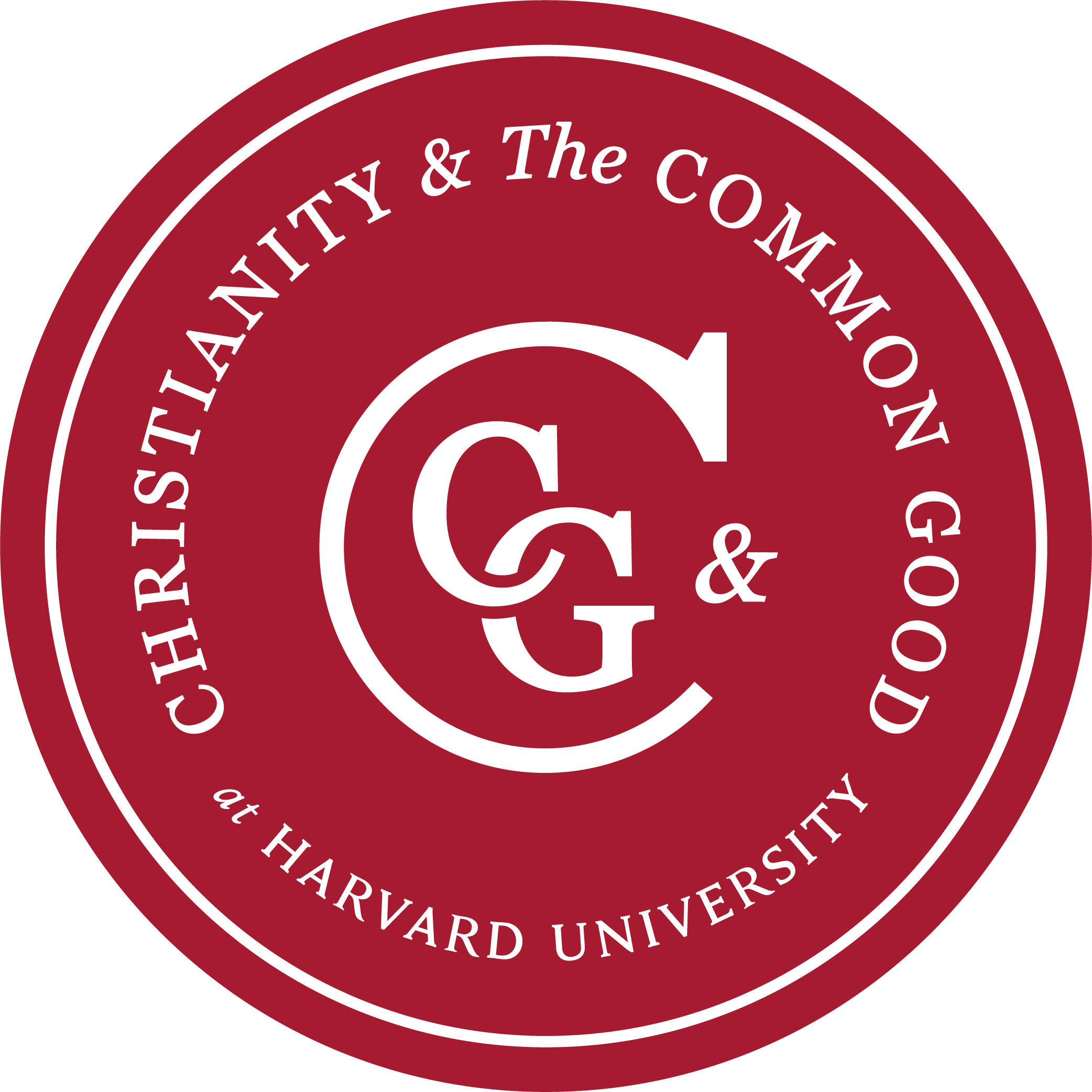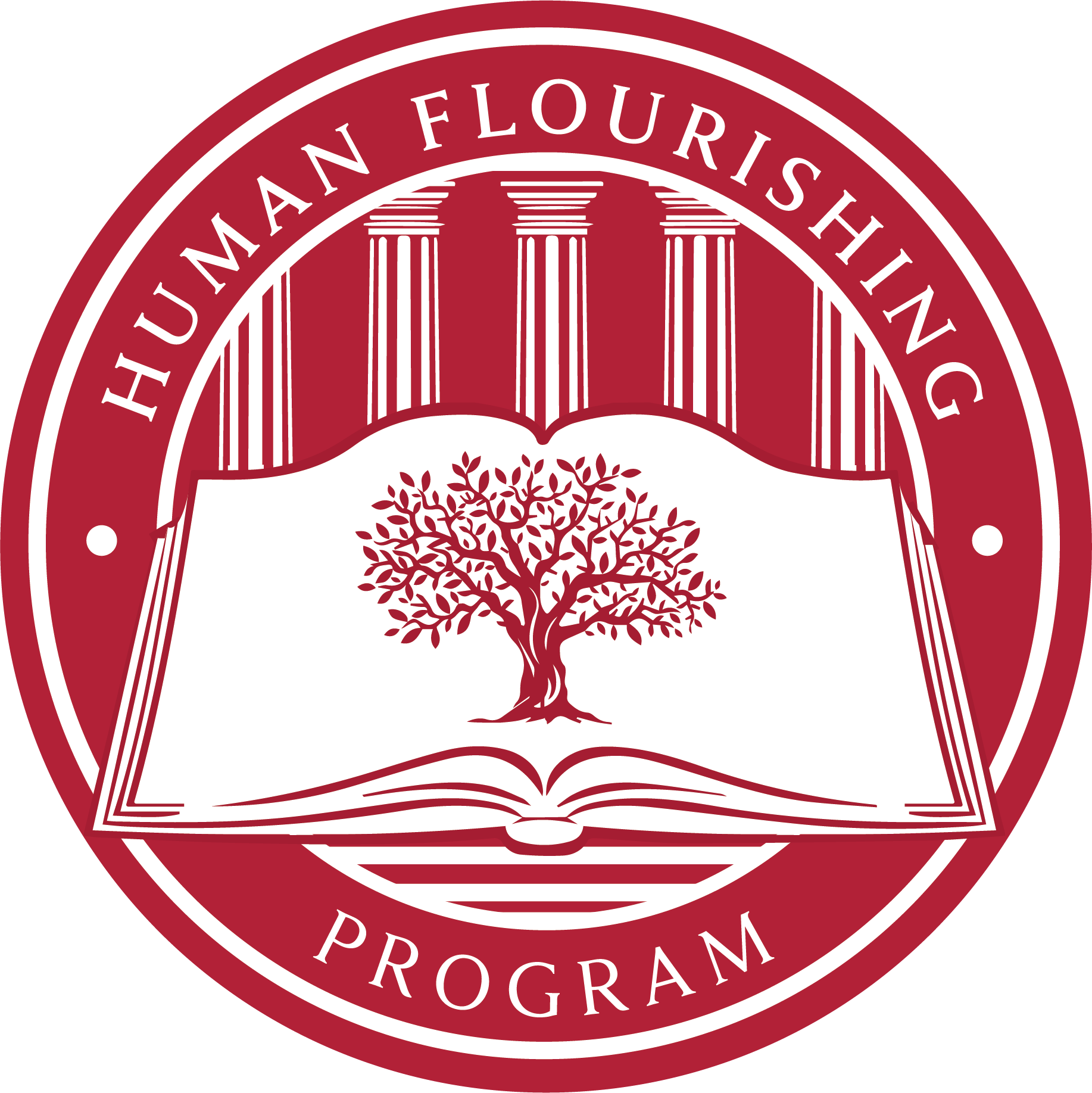Imago Dei and the Algorithmic Society
A Conference on Christianity and Artificial Intelligence
Overview
As artificial intelligence (AI) encroaches on every dimension of human experience—from how we work and learn to how we connect and make decisions—Christian communities face urgent questions about what it means to flourish as human beings created in God’s image. The rapid advancement and deployment of AI technologies challenge us to think deeply about fundamental aspects of Christian faith: What makes us uniquely human? How do we build authentic community when algorithms mediate our relationships? What does it mean to grow in knowledge and wisdom when machines can process information in ways that surpass human capability? How should faith communities understand and relate to government decisions and laws that are interpreted and enforced by algorithms?

Second, “What does it mean to learn?” explored the profound differences between human and machine learning processes through the lens of Christian traditions of pedagogy and formation. While AI systems excel at pattern recognition and information processing, Christian thought has long emphasized that true learning involves the integration of knowledge, virtue, and spiritual formation. This focus examined how AI affects human knowledge itself—including concerns about hallucinations and misinformation—while asking how we can ensure these technologies enhance rather than atrophy human reasoning capacities. This track explored how Christian concepts of wisdom, understanding, and formation can guide educational practices that use AI tools without compromising the distinctively human activities that constitute learning and growth.
And finally, “What does good community and loving relationships look like?” addressed how AI technologies are reshaping the fundamental structures of human relationship and social life. Christian communities have always been called to embody distinctive forms of fellowship marked by mutual care, justice, and sacrificial love. As algorithms increasingly mediate our connections—determining what we see, whom we meet, and how we interact—we must ask whether these systems promote or hinder the kind of community called for in teaching and life of Christ and witnessed to in the life of the church. This track examined the risks of replacing genuine relationships with AI companions, the effects of algorithmic mediation on community formation, and how Christian principles of love and justice can guide the development of technologies that redirect users toward rather than away from authentic human relationships.
The conference format facilitated deep engagement across different contexts. Keynote addresses and panel discussions brought together theologians with computer scientists, ethicists with AI developers, and pastoral leaders with technology innovators.
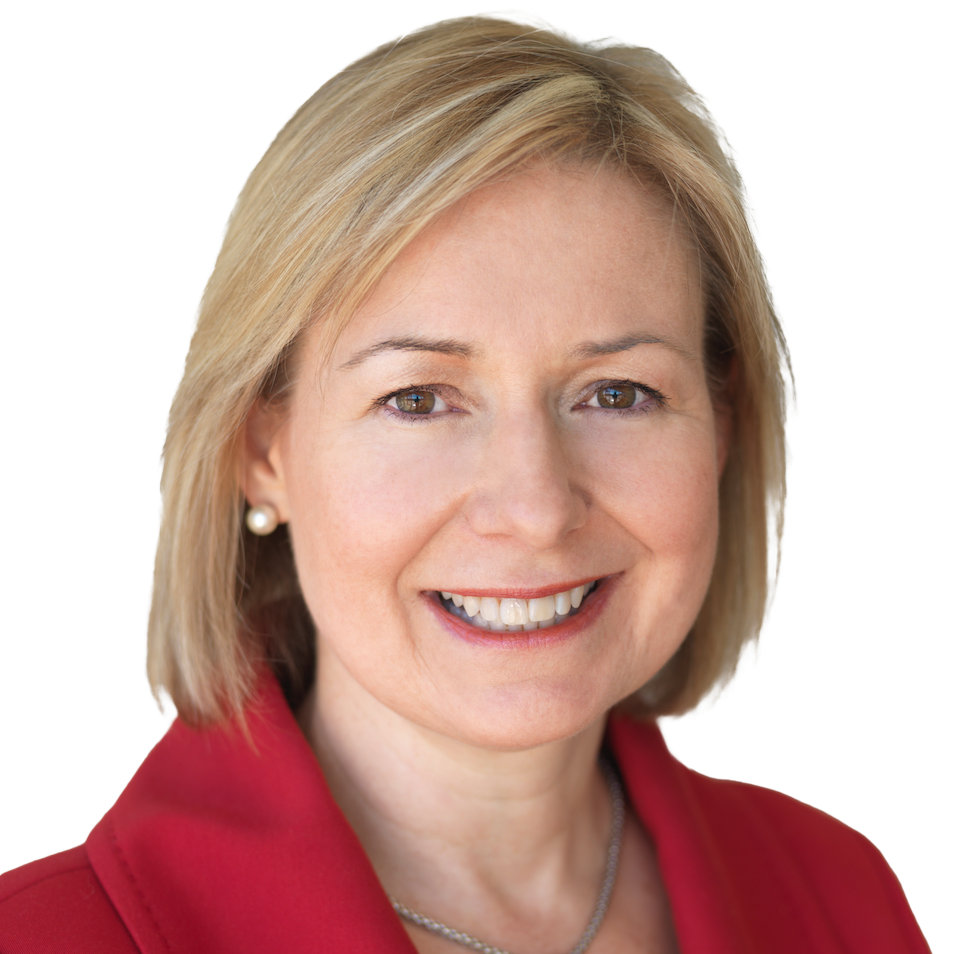
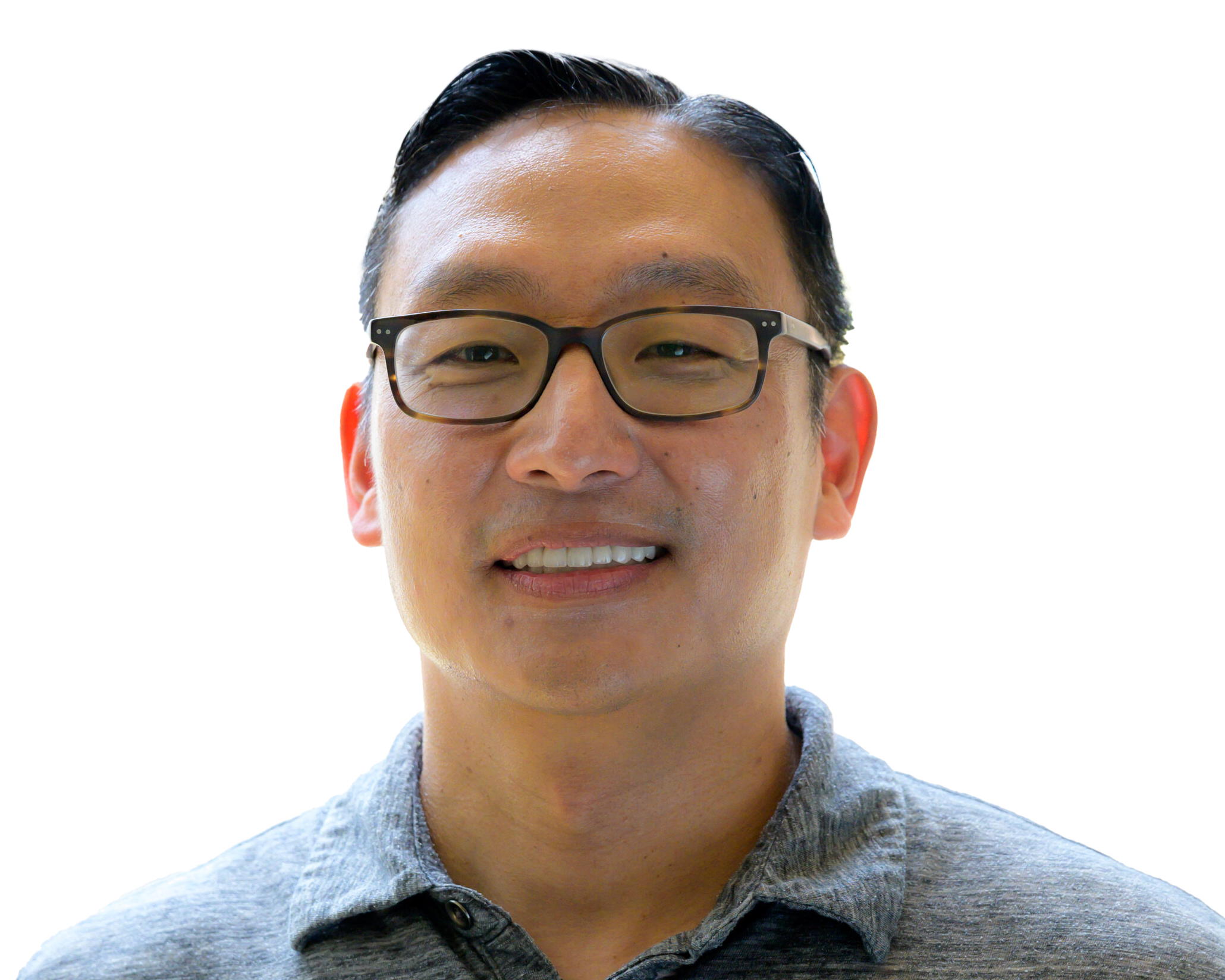

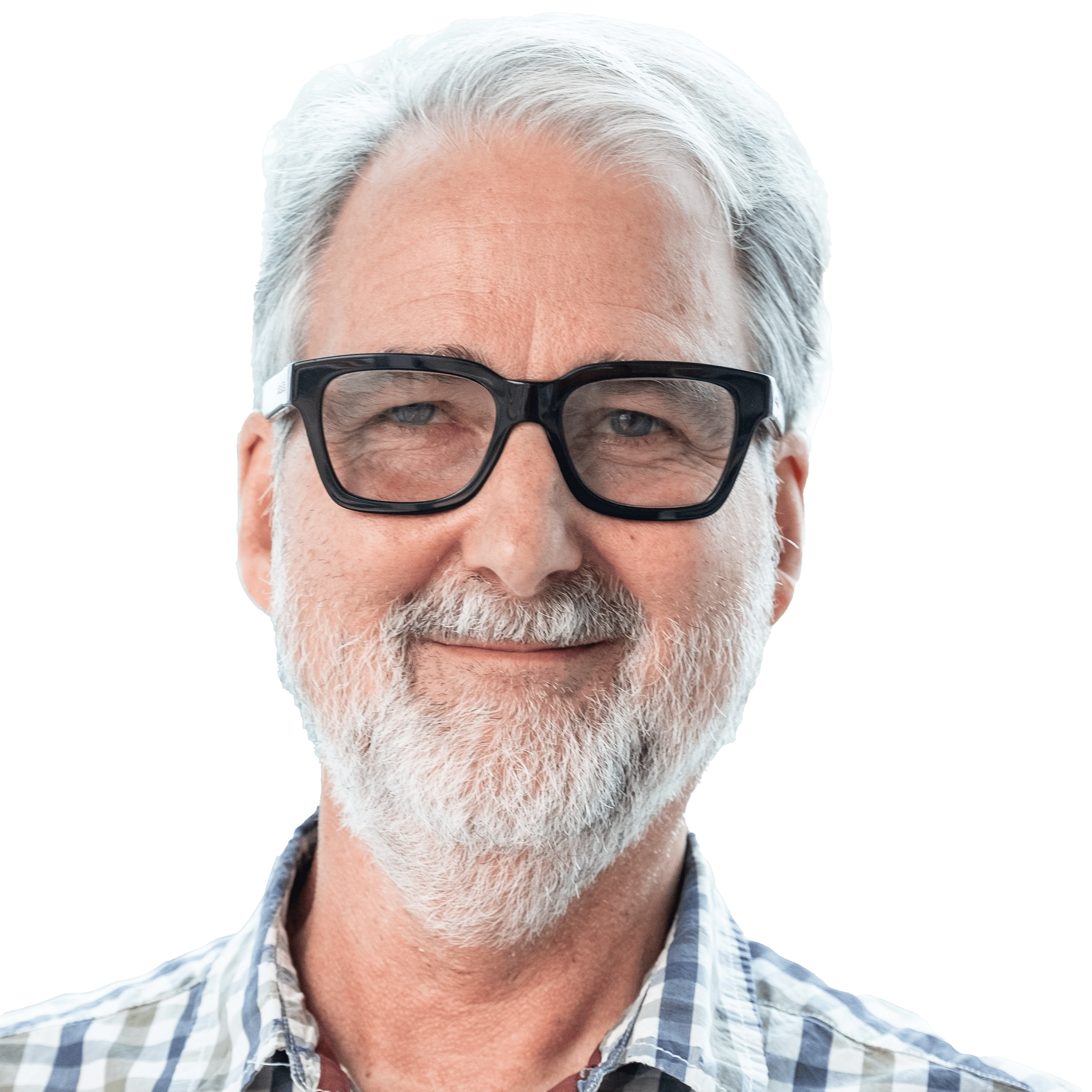



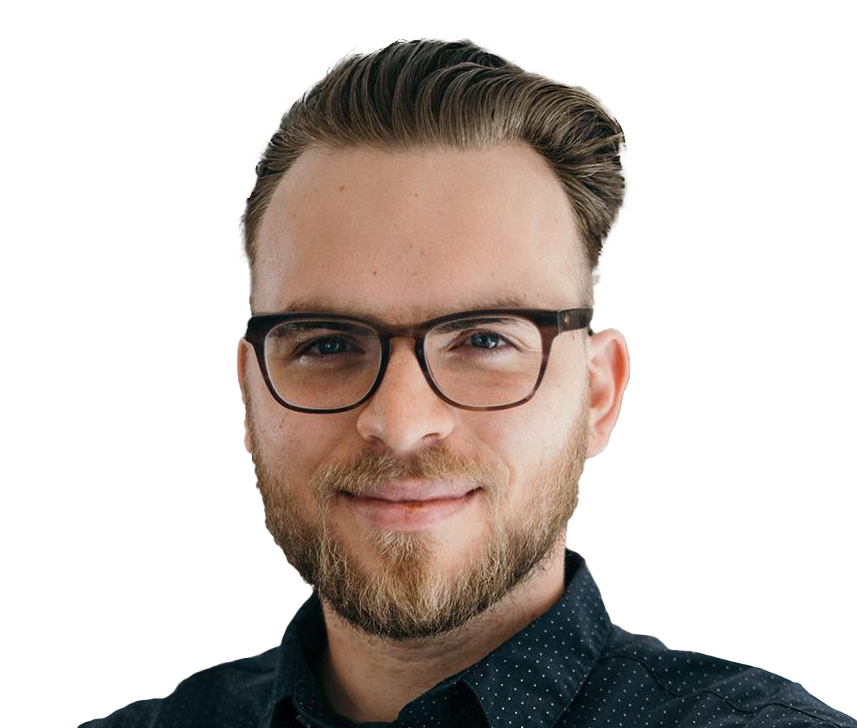
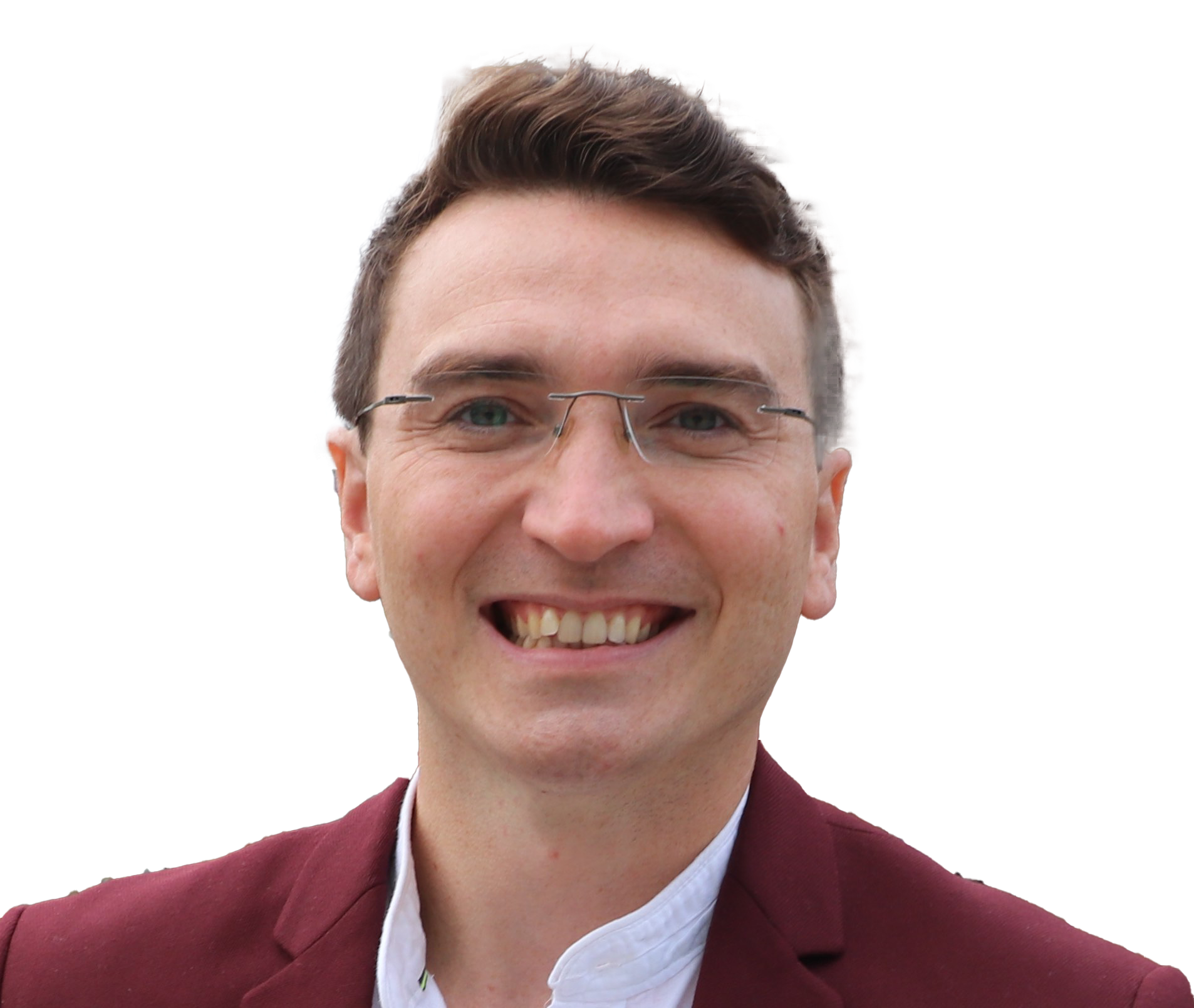


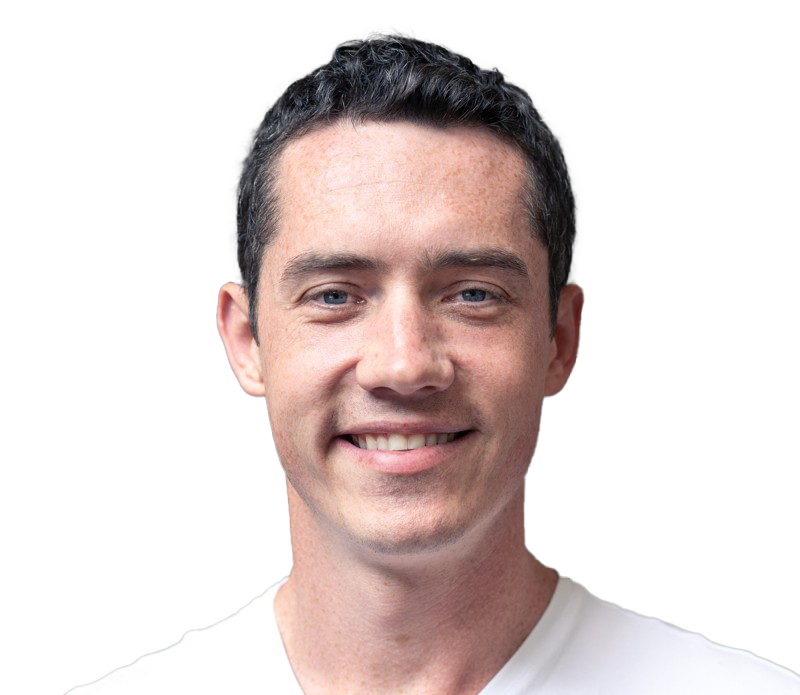

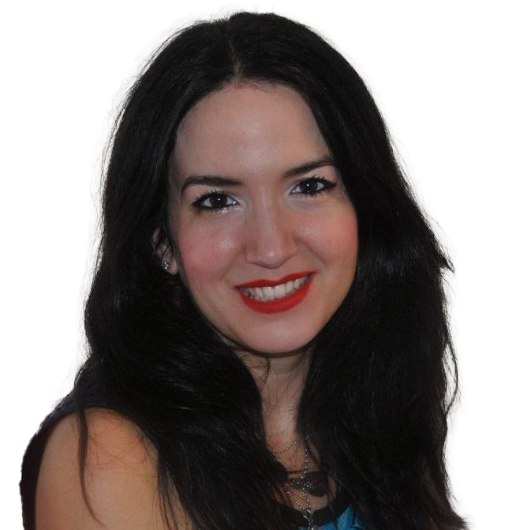
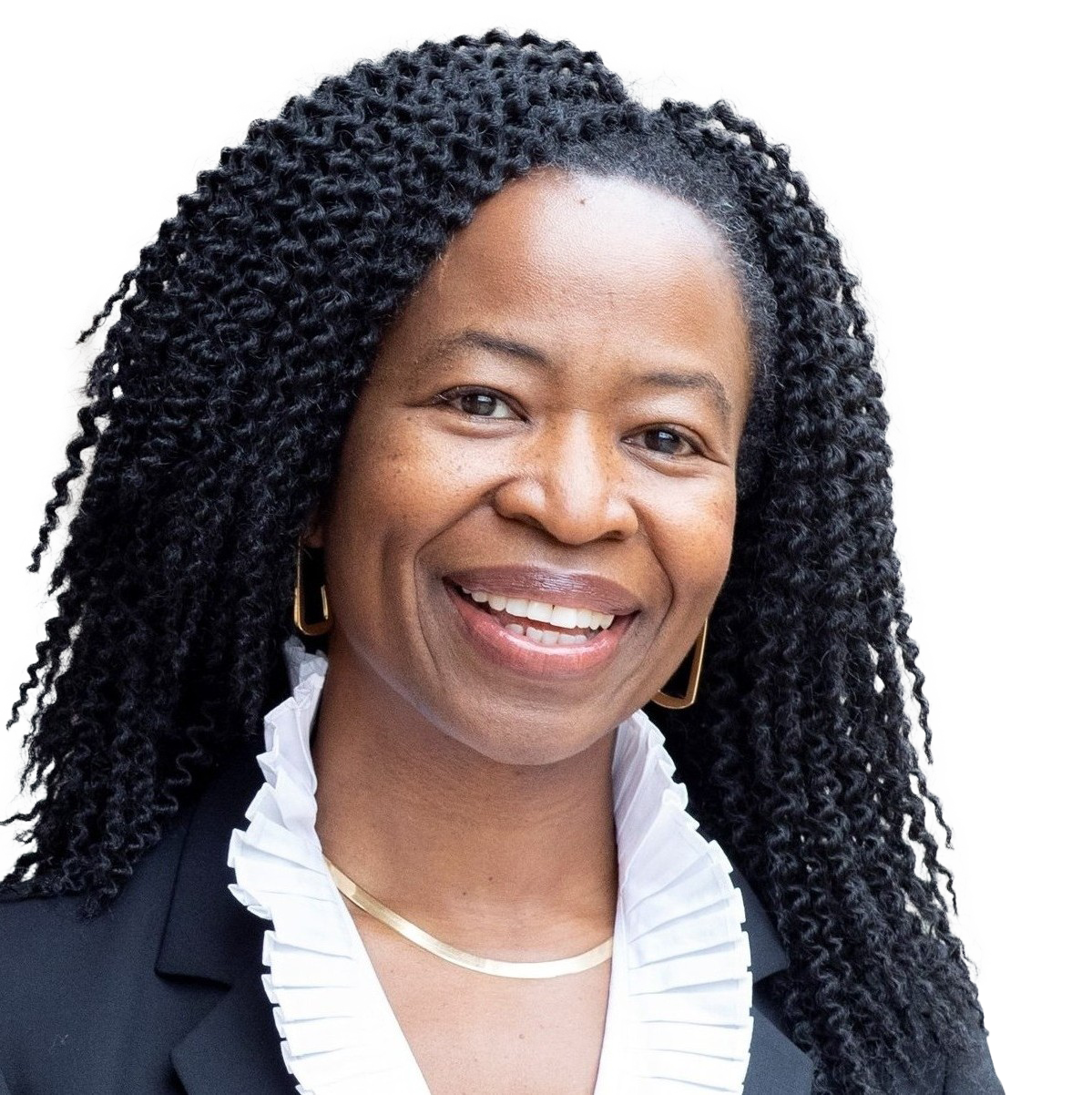
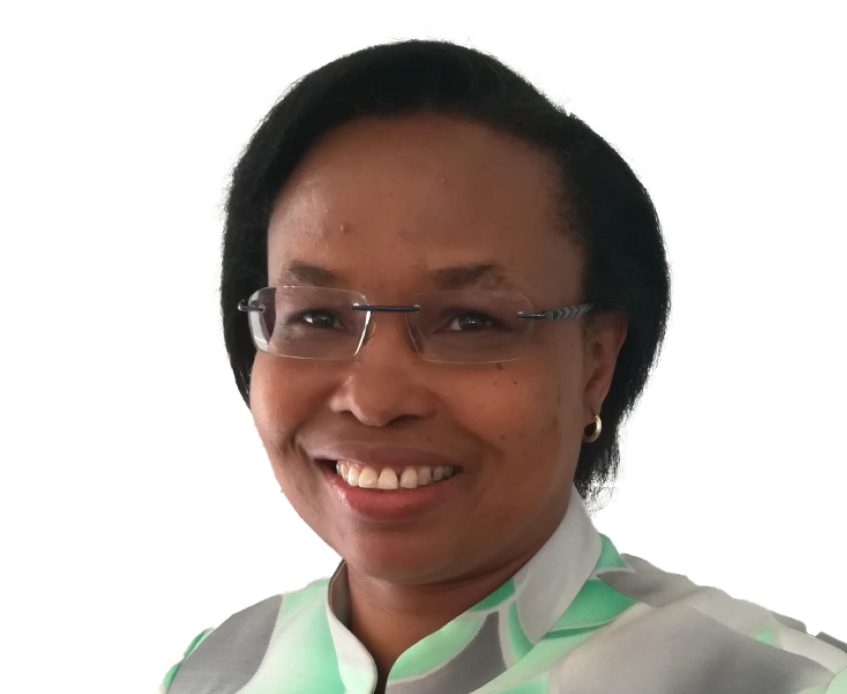
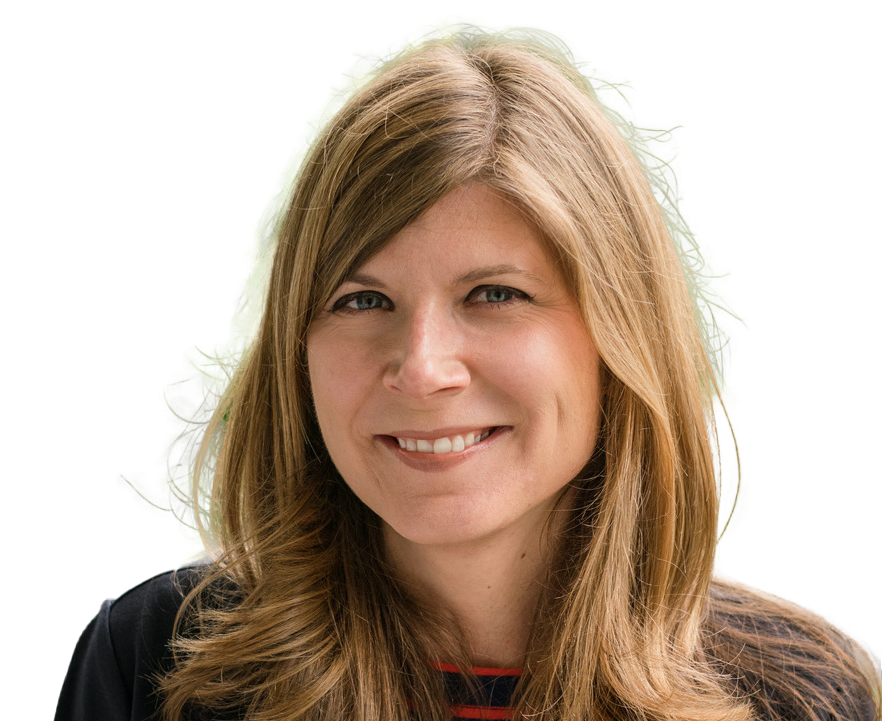
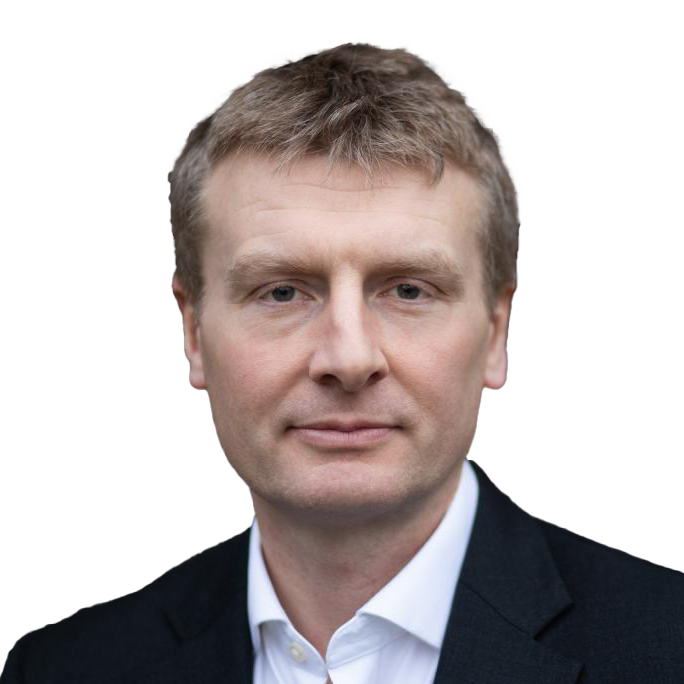
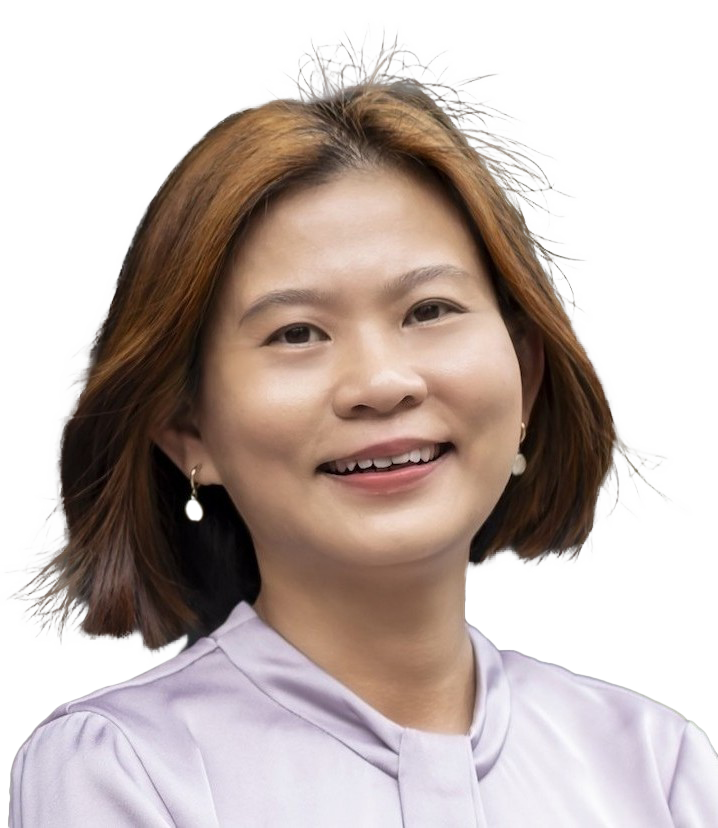
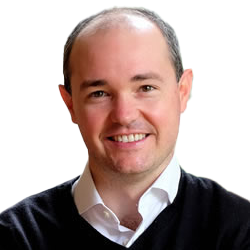
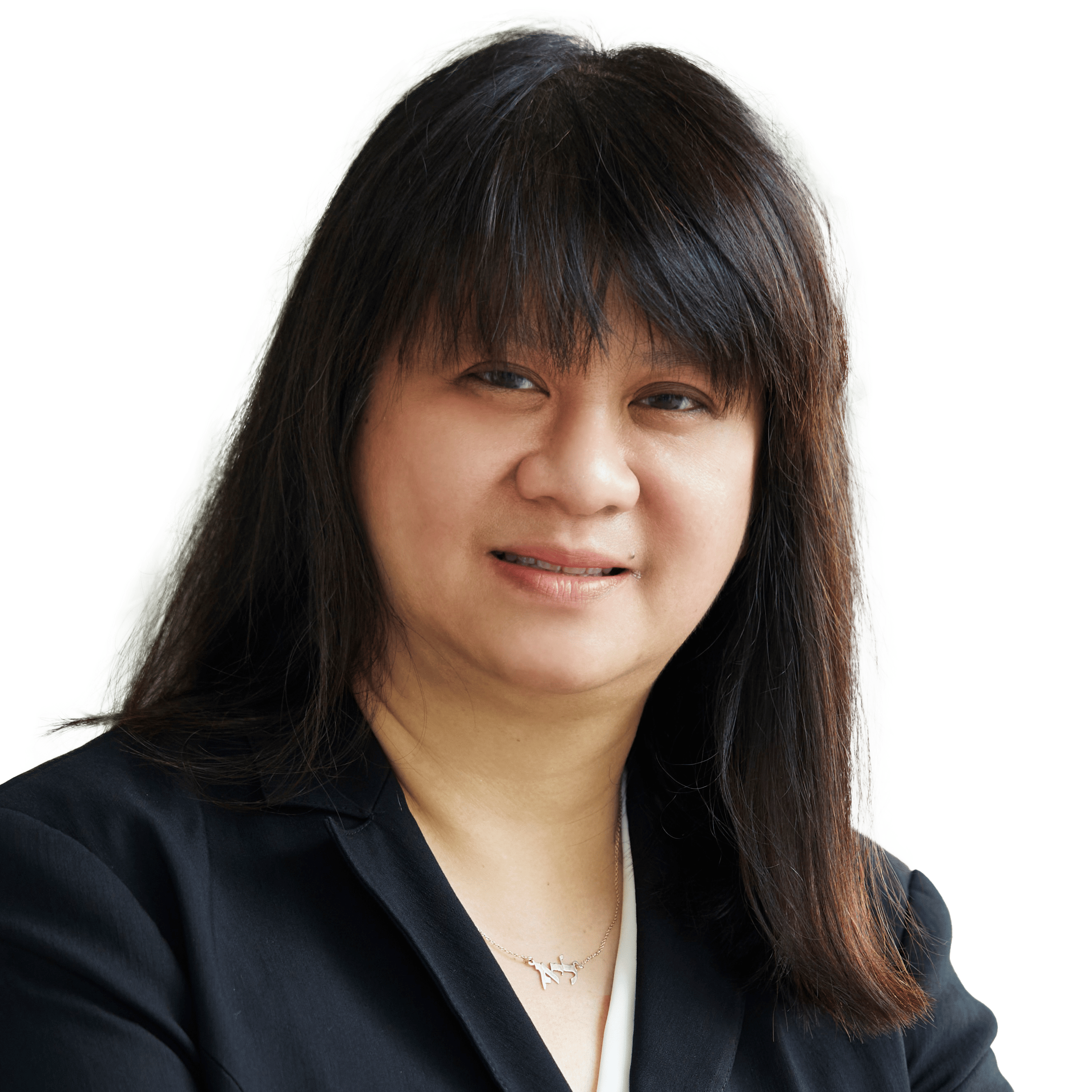
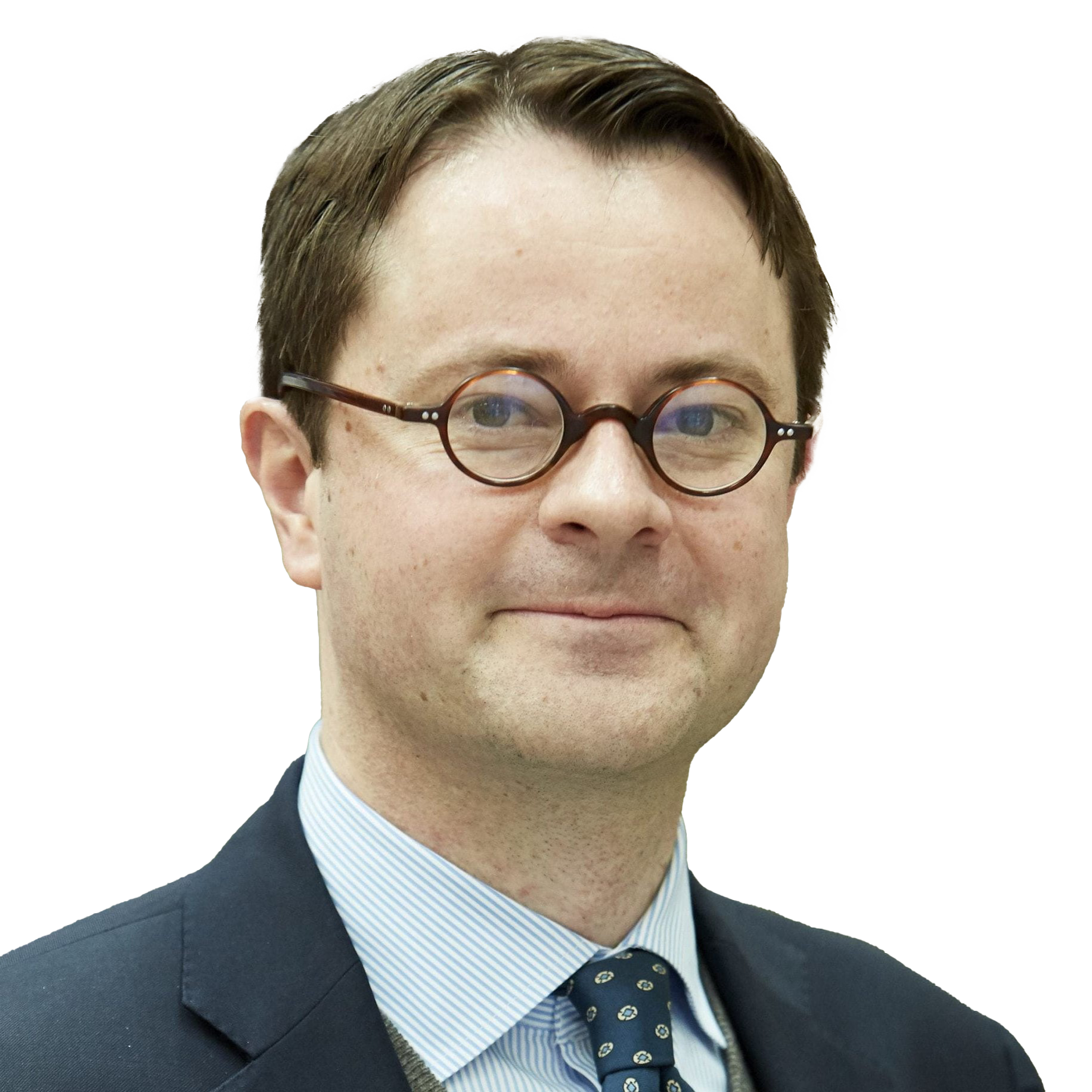

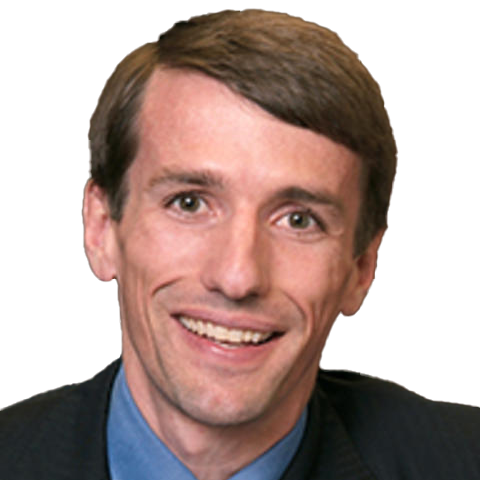




.png)
